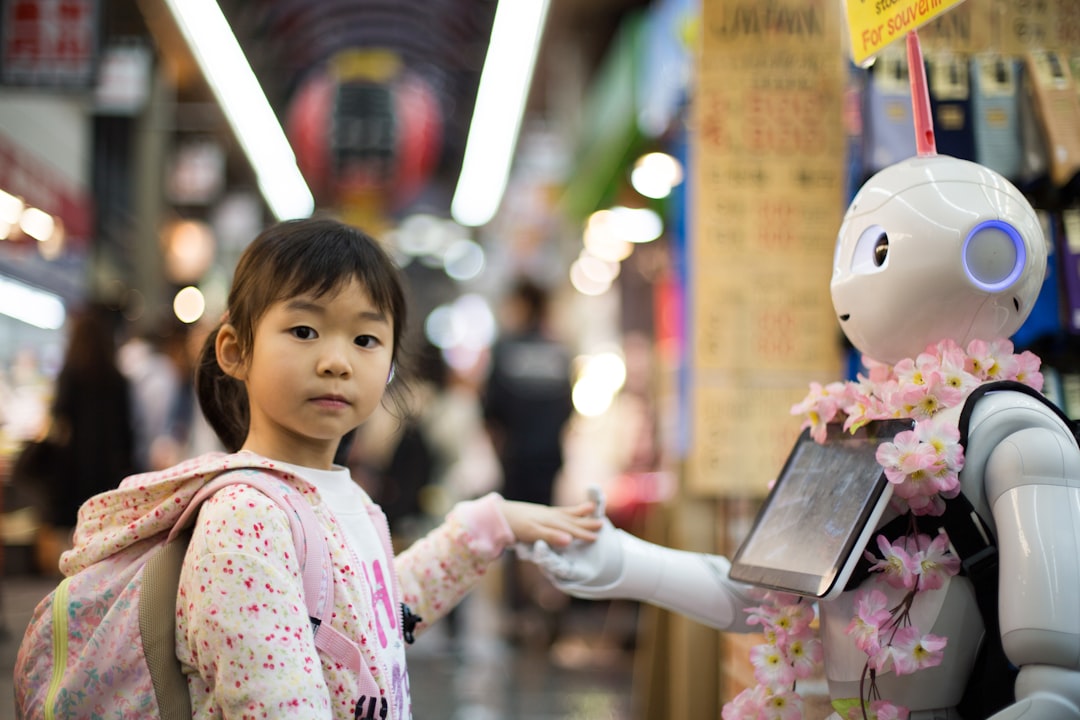Exploring AI: Understanding OpenAI and Its Impact on the Future of Technology
Artificial Intelligence (AI) is no longer a concept relegated to science fiction; it is a profound reality shaping our world today. Among the frontrunners in this domain is OpenAI, an organization that has made significant strides in advancing AI technologies. This article aims to explore the fundamentals of AI, delve into what OpenAI is, and examine the implications of its technologies on the future.
What is Artificial Intelligence?
At its core, AI refers to the simulation of human intelligence in machines that are programmed to think and learn like humans. From natural language processing to robotics, AI encompasses a wide range of applications that enhance efficiency and performance across various sectors.
The Evolution of AI
The journey of AI began in the 1950s, when pioneers like Alan Turing and John McCarthy laid the groundwork with theories and concepts. Since then, AI has evolved significantly. With advances in machine learning, deep learning, and natural language processing, AI has become more sophisticated and capable of performing complex tasks.
Introducing OpenAI
OpenAI was founded in December 2015 with the mission to ensure that artificial general intelligence (AGI) benefits all of humanity. Unlike traditional for-profit companies, OpenAI operates as a hybrid entity, allowing for more robust research and development while ensuring that ethical considerations remain a top priority.
Key Innovations by OpenAI
- GPT-3: The Generative Pre-trained Transformer 3 (GPT-3) has garnered attention for its ability to generate human-like text. It has applications ranging from content creation to conversational agents.
- AI Models for Gaming: OpenAI has developed AI that can play complex video games, demonstrating the capability of machines to learn and adapt through reinforcement learning.
- DALL·E: This AI can generate images from textual descriptions, showcasing the potential of AI in creative fields.
The Impact of OpenAI Innovations
The implications of OpenAI’s advancements are far-reaching:
- Transforming Industries: From healthcare to finance, AI technologies are optimizing operations, improving decision-making, and driving innovation.
- Enhancing Everyday Life: AI applications, such as virtual assistants and recommendation systems, have permeated everyday life, making tasks more manageable and efficient.
- Ethical Considerations: OpenAI’s commitment to ethical AI development ensures that technological advancements are aligned with human values, addressing concerns like bias, misinformation, and safety.
Challenges and Considerations in AI Development
Despite the remarkable advancements, there are challenges that must be addressed:
- Bias in AI: Machine learning algorithms can perpetuate existing biases if not carefully monitored and corrected.
- Job Displacement: As AI systems automate tasks, there is legitimate concern over job displacement in various sectors.
- Data Privacy: The use of vast amounts of data for training AI models raises questions regarding user privacy and data security.
Looking Ahead: The Future of AI and OpenAI
The future of AI, powered by entities like OpenAI, holds immense promise. With ongoing research and development, we can expect AI to become even more sophisticated, capable of solving problems that were previously thought to be insurmountable.
To see how AI is currently influencing our decision-making, click here to explore a recent article on the role of AI in achieving zero emissions.
Conclusion
As we navigate the complexities of integrating AI into our lives and industries, it is essential to focus on responsible AI development. OpenAI is at the forefront of ensuring that AI advancements benefit all of humanity. The possibilities are vast, and as AI continues to evolve, it will undoubtedly play an integral role in shaping our future.




Leave a Reply